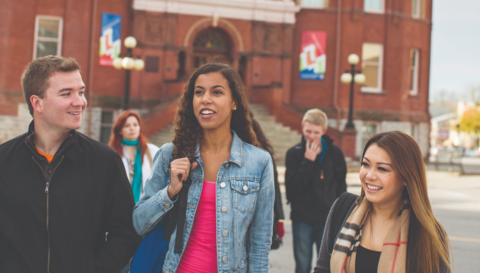The department of Germanic and Slavic Studies alumni have been up to exciting things post-graduation.

Want to learn more about our alumni including why they chose their program and what they are currently up to now? Check out the alumni profiles from each of our programs to read about these exceptional graduates!